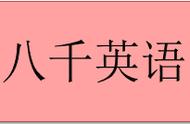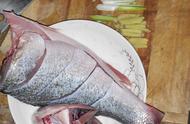Dare you answer me when I call your name?
我叫你一声,你敢答应吗?

特殊情况也有,比如用于if/ whether 之后:
I wonder whether he dare tell the truth.
我不知道他敢不敢讲真话。
注意,正宗的情态动词没有人称的变化,不用考虑三单。
或条件句:
If you ever dare call me that name again, you'll be sorry. ( from 牛津高阶 )
你敢再那样叫我, 你就shi定了。
2)实义动词
这时就要考虑人称、时态的问题了:
>> 跟 need 一样,常常是跟 to 连用:dare to do sth.
She dares to use the F-word in front of the kids!
她竟敢在小孩面前讲脏话!
>> 在否定句和疑问句中,带不带 to 都可以。
He didn’t dare (to) tell her his feelings.
他不敢把心思告诉她。
How did you dare to tell her?
你竟敢告诉她?
值得注意的是,从薄冰老先生的例子看来,不管肯定句、否定句还是疑问句,实义动词的 dare 都接不定式 to do。

1)表推测
可能性由高到低:
must > ought to > should > can > could > may > might
注:can 表猜测时多用于否定句、疑问句。can't:“不大可能是”。
2)表能力
can:现在能做
could:过去能做
be able to:在一定的条件下成功做某事
3)表请求、允许
can,could,may,might
委婉程度:might > may > could > can
4)表命令/禁止
must
mustn’t
5)虚拟语气
could have done 本可以做,却没做
might have done 本可以做,却没做
should have done/ ought to have done
本该做某事,却没做
shouldn’t have done/ oughtn’t to have done
本不该做某事,却做了
needn’t have done 本不必要做某事,却做了

对于虫子漏讲的一些情态动词或知识点,欢迎在留言区补充。
(づ ̄3 ̄)づ╭❤~
,










